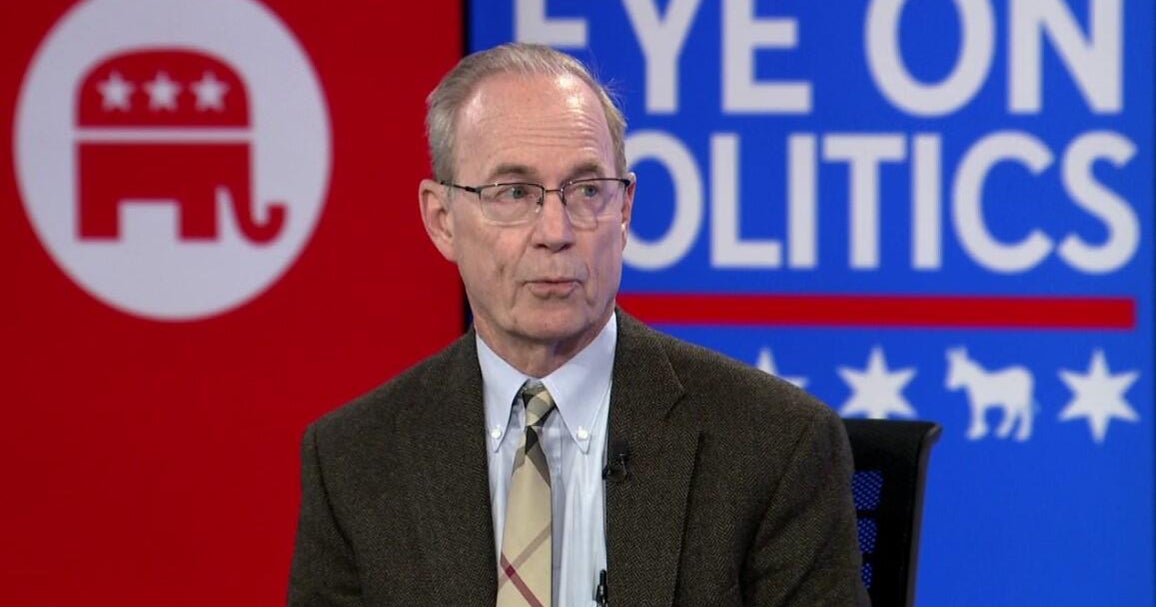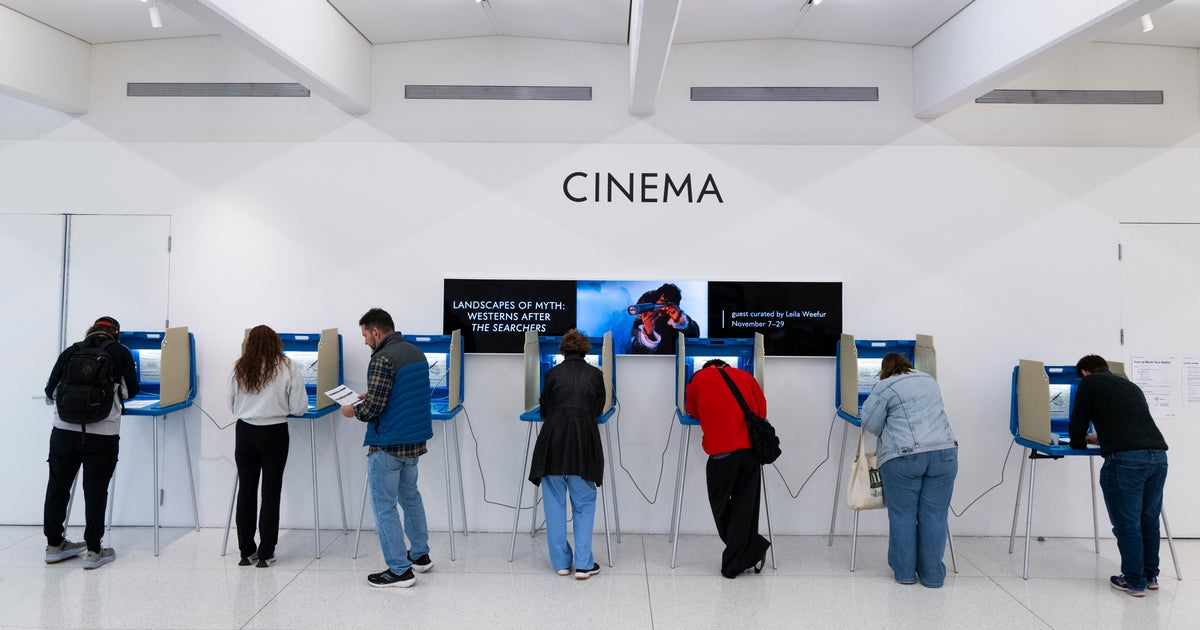Bernie Sanders knocks rivals for taking donations from billionaires
At ' campaign rallies, the Vermont senator has a habit of listing the various people and groups he's tangled with over the years, such as health insurance companies and President Trump. But for many of the crowds that turn out to see him, the entity that garners the most hisses and boos is the Democratic establishment.
In a race that's seen quite a lot of volatility in the polls, Sanders' support has remained relatively consistent. An independent who identifies as a democratic socialist, he's widely adored by the left wing of the party, which still resents the Democratic power brokers they blame for Sanders' loss to Hillary Clinton in the 2016 primary.
Yet Sanders remains something of an ideological outlier among Democrats despite the fact that some of his signature ideas, such as his "Medicare for All" plan to replace private health insurance, have become much more mainstream than they were just a few years ago. And he continues to swear off the big-money donors who are helping propel some other candidates for the Democratic nomination, such as South Bend Mayor Pete Buttigieg and former Vice President Joe Biden.
In an interview with CBS News, Sanders said the financing of some of his Democratic rivals' campaigns exemplifies the "rotten" nature of American politics.
Sanders, a fierce critic of 2010 Supreme Court "Citizens United v. FEC" decision that allowed for individuals and corporations to give more freely to political campaigns, believes candidates who rely on big-dollar fundraisers are beholden to the interests of wealthy backers.
"Why would many, many billionaires be contributing to candidates if they didn't think they were getting something out of it? They're not doing it through the goodness of their hearts," he said.
A recent Forbes list found that Sanders was the only candidate among the fields' top tier, which also includes Biden, Buttigieg, and Senator Elizabeth Warren, to not have a single billionaire donor. According to Sanders and his campaign, this means that the senator is the true champion of the working class, relying almost exclusively on small donors while his opponents show open hands to the open wallets of the ultra-wealthy.
Biden and Buttigieg have defended themselves from these allegations and say that big donations from do not make them beholden to any donors' interests. When asked if that defense showed either naivete or a lack of honesty, Sanders was hesitant to say his opponents were lying but still expressed skepticism.
"[Accepting money from billionaires] doesn't the pass, in a sense, the lab test," said Sanders.
The Vermont senator is never slow on the trail to contrast his fundraising style with that of his rivals. For example, he's remained an outspoken opponent of super PACs, which are groups that are allowed to raise and spend massive amounts of money to support a candidate so long as they don't coordinate with the candidate's campaign.
Most candidates also swore off super PACs in the early days of the campaign. But when a pro-Biden super PAC emerged last month, Sanders promptly added to his stump speech a line about neither wanting, having, nor needing a super PAC.
At a town hall in Ottumwa, Iowa, on Sunday, Sanders added to that line, saying that his campaign doesn't have "bundlers" – a term for people who help wrangle donations from mostly high-dollar donors – two days after the Buttigieg campaign released the mayor's list of bundlers.
Despite his self-imposed limits on what money he's willing to accept, Sanders has reached historic fundraising heights. The campaign announced last month that they had received more than 4 million individual donations by more than a million Americans. According to the campaign, no candidate in history has reached that mark so quickly.
The average contribution to Sanders is $18 and the campaign's emails to supporters have stated that their goal is to reach 5 million donations by the new year.
Back on the trail, Sanders mocks his opponents, saying that he does not spend time "in billionaires' living rooms and walk away with hundreds of thousands of dollars."
Buttigieg recently came under scrutiny for holding fundraisers that were closed to the press. For the sake of transparency, the campaign reversed that policy last week.
CBS News asked Sanders if Buttigieg having media present ensured that no nefarious deals between candidate and donor were taking place.
"No, not really," said Sanders, who still acknowledged allowing press into the fundraisers was a step in the right direction.
"I think what history tells us is that the big donors, the people who make large contributions, do get access. They get tax breaks, they get deregulated. That's the way the unfortunate system is working."



